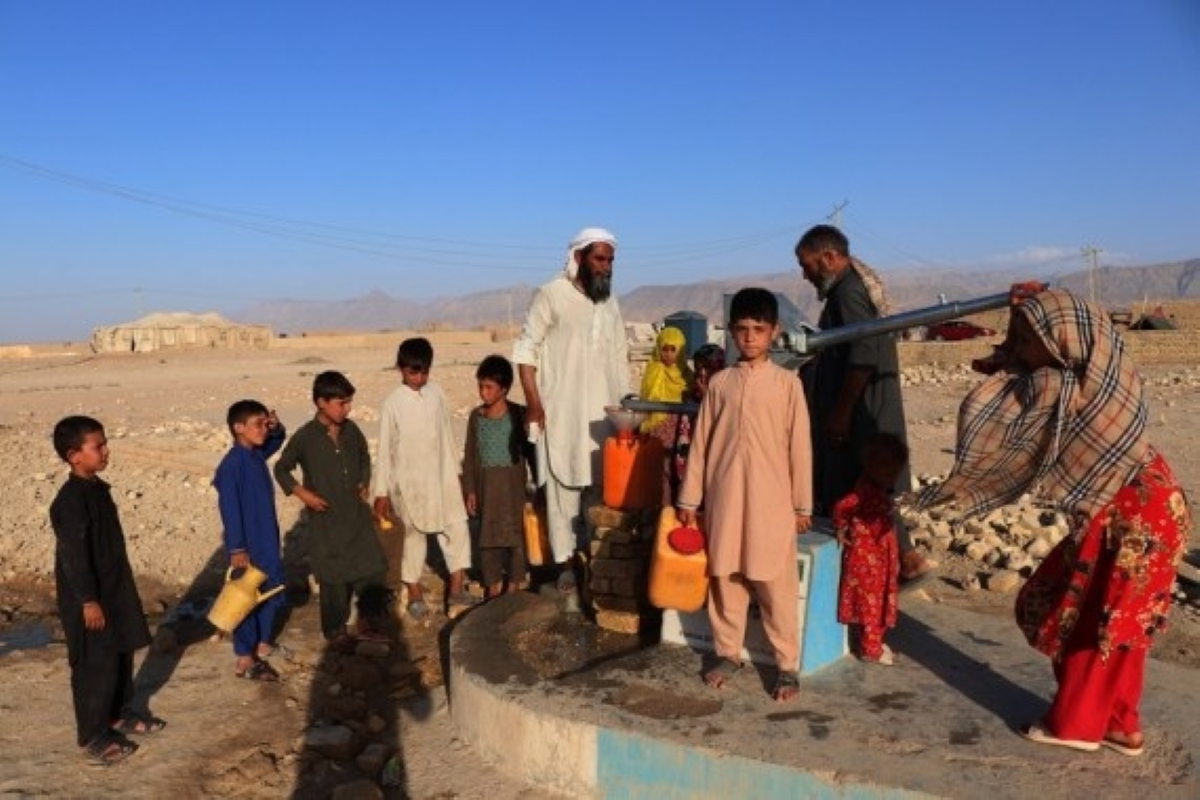UN chief urges efforts to end crisis in Congo
UN Secretary-General Antonio Guterres has called for more efforts to end the crisis in the eastern Democratic Republic of the Congo (DRC).
The UN humanitarian response plan for Afghanistan remains just 37 per cent funded, OCHA said.

IANS
The UN humanitarians have said that the relief crisis in Afghanistan is deteriorating rapidly, with 12.2 million people acutely food insecure.
While thousands of people are fleeing, or attempting to flee, through Kabul airport, the UN Office for the Coordination of Humanitarian Affairs (OCHA) said on Thursday that 735,000 people returned to the country this year from Iran, Pakistan and other countries and are in urgent need of humanitarian aid.
Advertisement
Another 550,000 people became internally displaced since January, reports Xinhua news agency.
Advertisement
“Humanitarian needs are expected to deteriorate further in the second half of the year due to drought,” it said, adding that the majority of the 12.2 million people acutely food insecure will be further affected by drought.
The humanitarians said severe acute malnutrition increased by 16 per cent, impacting 900,000 people and moderate acute malnutrition increased by 11 per cent, hitting 3.1 million children.
A below-average wheat harvest is expected, and the livestock yield is forecast to be weak due to poor pastures and feed availability, OCHA said.
Conflict and drought reduced agricultural activities by 28 per cent, adding to market vulnerability.
Food prices continue at elevated levels and conflict-related movement restrictions further inflated the price of staples, OCHA said.
The cost of wheat, rice, sugar and cooking oil increased by more than 50 per cent compared with pre-Covid-19 prices, with monthly increases in 2021 of between 1 per cent and 4 per cent.
The UN humanitarian response plan for Afghanistan remains just 37 per cent funded, OCHA said.
The need for emergency shelter and relief items is particularly urgent due to the surge in displacements, but donors only delivered 4 percent of the funds needed.
Advertisement